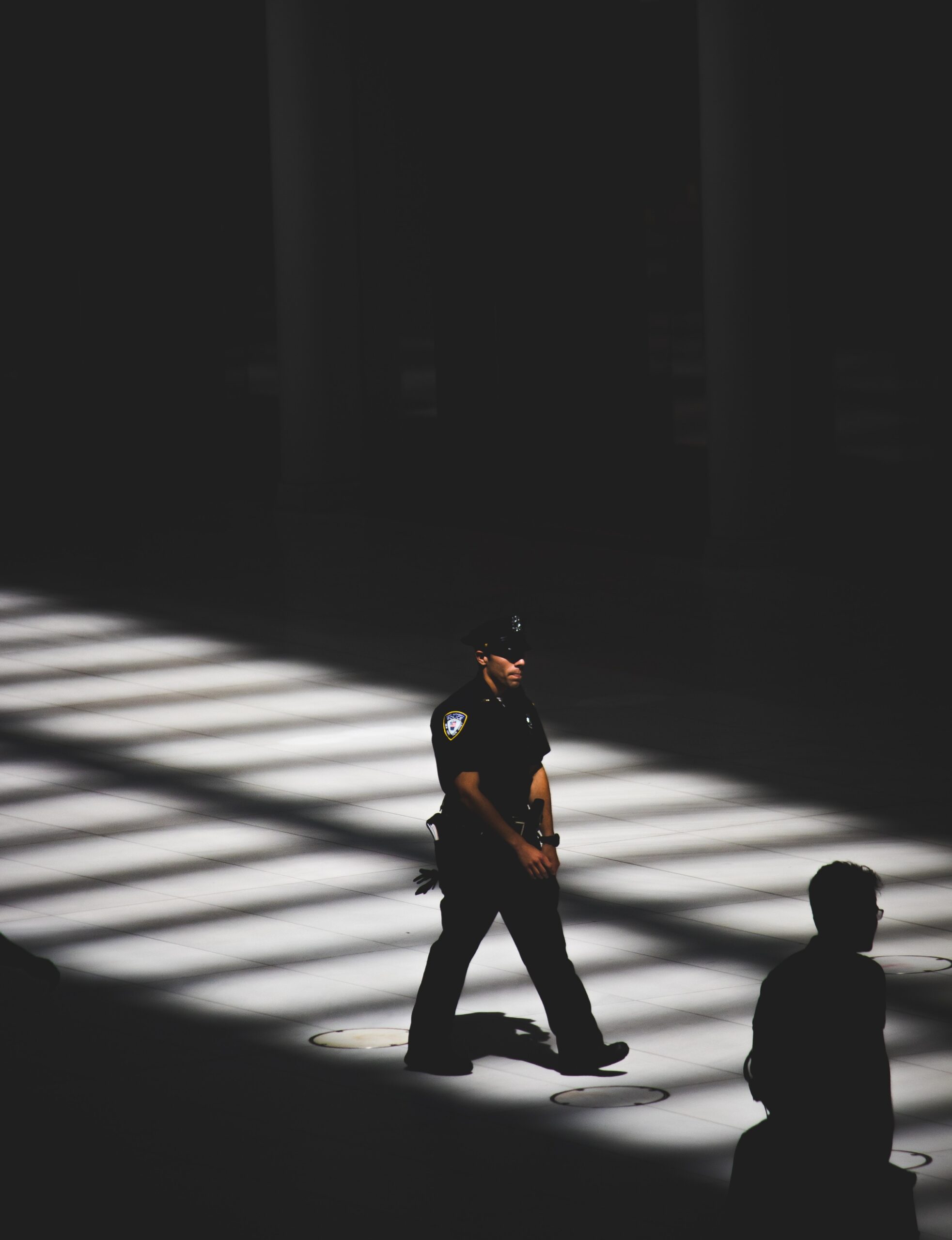This could happen to anyone. The following scenario is based on actual events that happened to a former client, and we are discussing them because of their universal applicability. Imagine that you have been injured due to no fault of your own. As a result, you miss work, suffer a loss of income, and have a diminished quality of life. People in these positions are why personal injury lawsuits exist. They enable you to recoup the money you lost because of someone else’s actions. But what if the authorities mistakenly blame you?
Scenario
You have a job and a family, but you still make time to exercise. It provides mental clarity and allows you to maintain the baseline of health that your spouse and children rely on. Because of your limited time, you ride a road bike in the early evenings after you get home from work. It’s the only time you have available.
A car makes a left-hand turn and collides with you, causing significant injuries requiring long-term recovery. Police, EMTs, and Paramedics respond to the accident. Because of how badly you were hurt, your ability to speak to the police and give a statement is limited. In your absence, the other driver blames you. The police officer concluded and submitted a report stating you were at fault because you were driving without lights and could not be seen.
Our Response
In this scenario, we represented the bicycle rider who was not only injured but also was being blamed for the accident. Whereas the police officer has a limited window for conducting an investigation, we have significantly more time. After filing a lawsuit, we deposed the other driver who had made the left turn. He admitted that he was lost in LA and was turning into a construction site because he needed to turn around. Details like these do not surface in a police report.
We also deposed the police officer who wrote the report. Even though the police report stated that our client was not wearing a light, we asked if they had investigated whether the light had been knocked off during the accident—which they had not. We also learned that the officer was new the job and didn’t have experience investigating bike accidents.
We also confirmed that there were ample street lights that would have made the bicyclist visible.
Eventually, the officer conceded that the other driver, not our client, was probably at fault. The case settled shortly thereafter with a favorable result of our client.
Howell, LLP
Simply because a police report states that you are at fault, that doesn’t mean you are. By the end of our case, even the police officer who wrote the report admitted that he was wrong. If you have been injured, contact Howell, LLP, to schedule a free consultation. Don’t assume your case is over before it begins. Allow us to learn about your situation, so we can develop a strategy to help you get the compensation you need.


